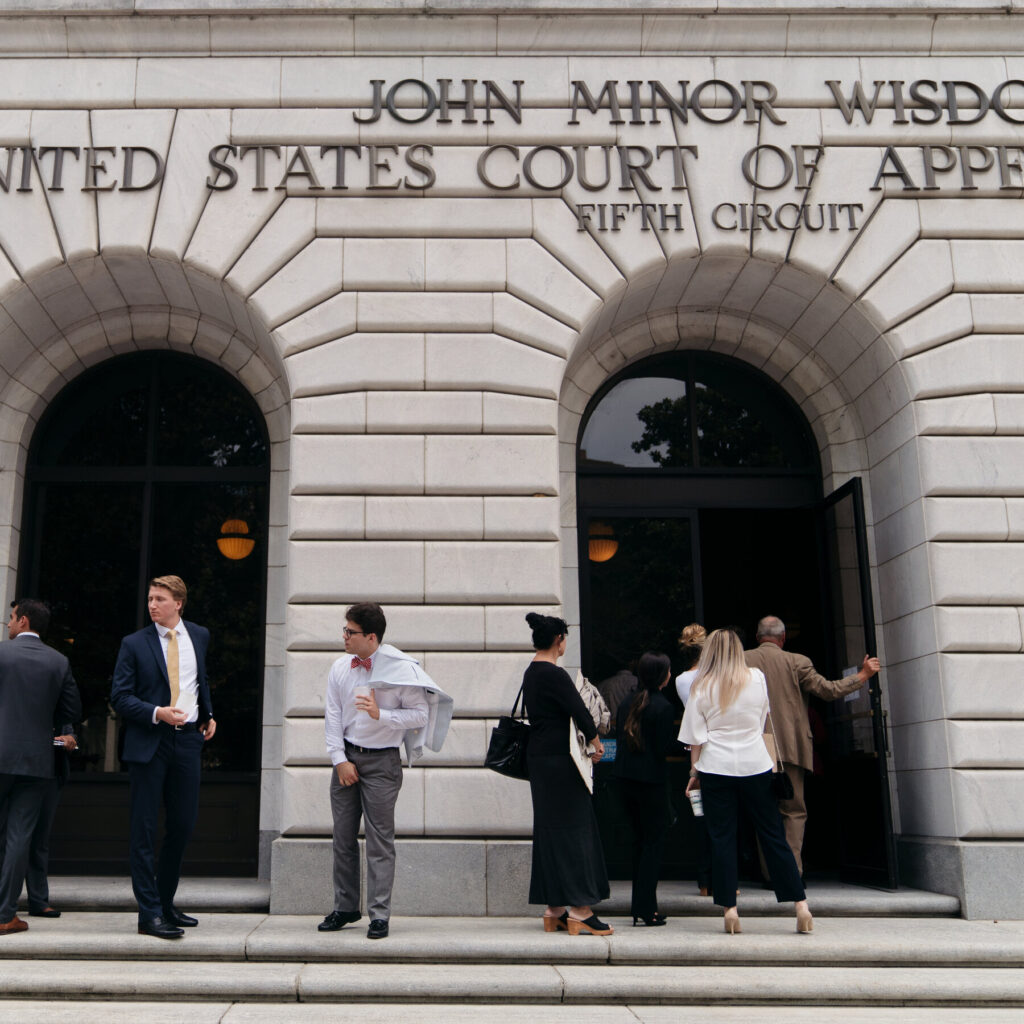
A U.S. Court of Appeals has ruled against the Trump administration’s attempt to utilize the Alien Enemies Act to deport Venezuelan nationals. This decision represents a significant challenge to the administration’s broader immigration policy, particularly its efforts aimed at mass deportations, which have been a central focus of its domestic agenda.
The ruling, delivered on November 12, 2020, concluded that the use of the Alien Enemies Act to target Venezuelans was not justified under current circumstances. The court emphasized that this legislation, originally enacted in 1798, was not intended to apply to individuals fleeing oppressive regimes like that of Venezuelan President Nicolás Maduro.
In its findings, the court highlighted that many Venezuelans are fleeing a humanitarian crisis, which raises questions about the appropriateness of deporting individuals to a country where they face persecution. The judges noted the plight of these individuals as a critical factor in their decision.
The Trump administration has long sought to tighten immigration controls, with mass deportation being a key goal. This ruling complicates those efforts, particularly as it involves a population that many argue merits protection due to the dire conditions in Venezuela.
Legal experts indicate that this decision may set a precedent for future cases involving immigrants from countries experiencing political turmoil. As more courts weigh in on the application of the Alien Enemies Act, the implications for U.S. immigration policy could be profound.
With immigration continuing to be a contentious issue in U.S. politics, this ruling adds another layer to the ongoing debate. The administration’s response to the court’s decision remains to be seen, but it is likely to provoke further discussions on the treatment of Venezuelans and others seeking refuge in the United States.







